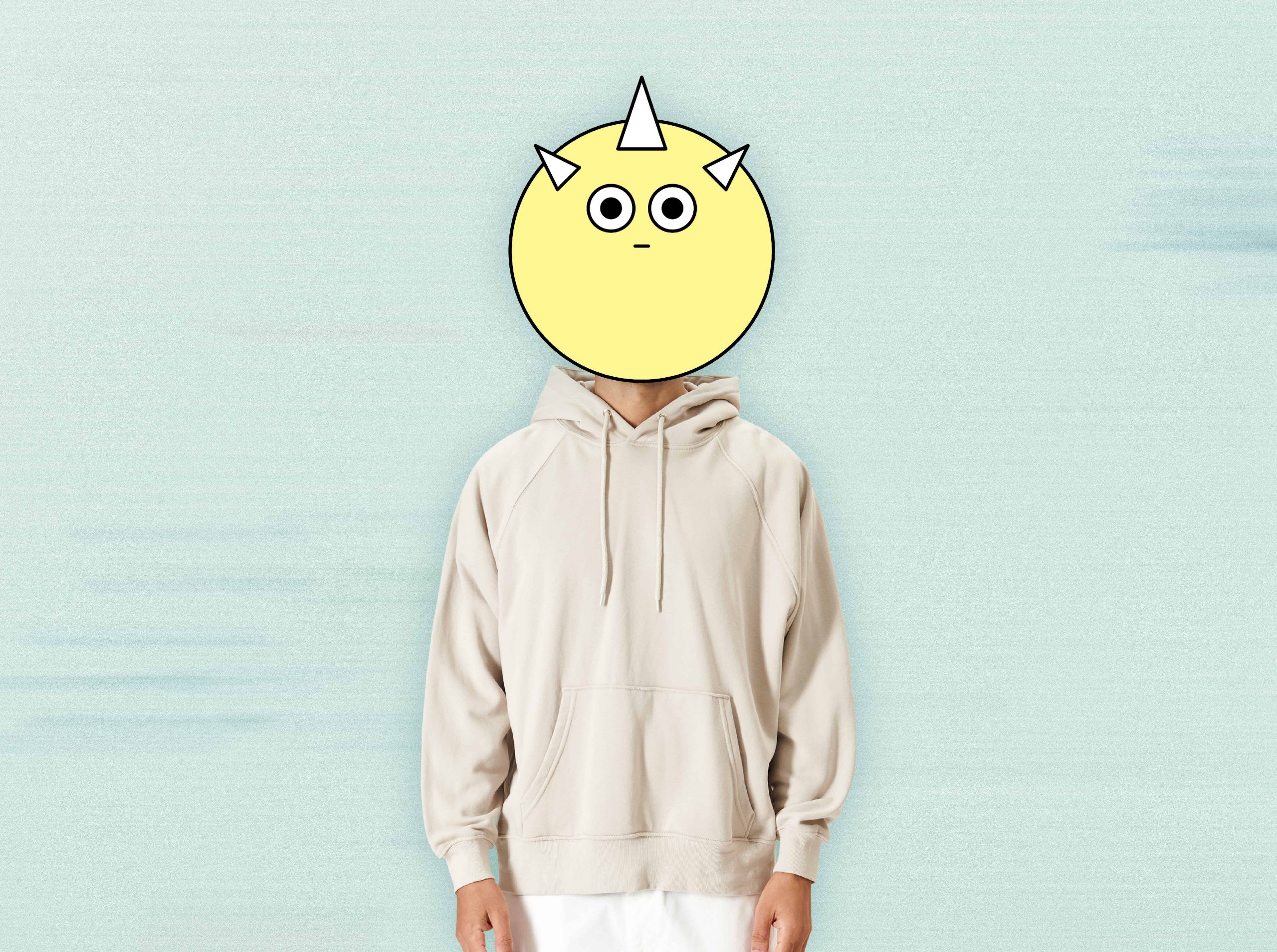Let’s talk about something serious here – offensive jokes about orphans. We’ve all been in situations where someone drops a joke that just feels… wrong. Maybe it’s at a party, on social media, or even in movies. But when these jokes target vulnerable groups like orphans, it’s time to pause and reflect. These jokes might seem harmless on the surface, but they carry a heavy weight that can affect real people in real ways.
You might be thinking, “Why does this matter so much?” Well, humor is a powerful tool. It can bring people together, break down barriers, and make tough conversations easier. But when humor crosses into offensive territory, it can also hurt, alienate, and perpetuate harmful stereotypes. And let’s be real – orphans are already dealing with enough challenges without having to face jokes that belittle their experiences.
So, why are we diving into this topic? Because understanding the impact of offensive jokes about orphans isn’t just about being politically correct. It’s about empathy, respect, and creating a world where everyone feels seen and valued. In this article, we’ll explore why these jokes are harmful, how they affect orphans, and what we can do to promote healthier forms of humor. Let’s get started.
Read also:Luis Enrique Singer Wife The Love Story Behind The Music Icon
Understanding Offensive Jokes About Orphans
First things first, what exactly makes a joke offensive? In the case of orphans, it’s often the stereotypes and assumptions people make about them. You’ve probably heard some of these before – jokes about being abandoned, not having parents, or struggling financially. These jokes might seem like harmless banter, but they tap into deep-rooted societal prejudices that can harm orphans emotionally and psychologically.
Why Are These Jokes Harmful?
Here’s the thing: jokes about orphans aren’t just words. They reflect and reinforce negative attitudes toward a group that’s already marginalized. Orphans often face stigma, discrimination, and societal neglect. When jokes perpetuate these issues, they contribute to a culture where orphans feel invisible or less than. It’s not just about making someone laugh – it’s about the long-term impact on real lives.
Emotional Impact on Orphans
Imagine growing up without parents, dealing with the challenges of foster care or adoption, and then hearing people make light of your situation. That’s the reality for many orphans. These jokes can lead to feelings of shame, isolation, and self-doubt. They might start believing the stereotypes others have about them, which can affect their mental health and self-esteem.
Societal Consequences
On a broader scale, offensive jokes about orphans contribute to a lack of awareness and empathy in society. When people joke about orphans, they’re less likely to see them as individuals with unique stories and struggles. This lack of understanding can lead to fewer resources, support, and opportunities for orphans, perpetuating the cycle of marginalization.
Where Do These Jokes Come From?
Let’s take a step back and explore the root of these jokes. Many of them stem from outdated stereotypes about orphans being “troubled” or “problematic.” Media portrayals, cultural narratives, and even historical beliefs have shaped how society views orphans. Movies, TV shows, and books often depict orphans as either tragic figures or comedic relief, which reinforces harmful perceptions.
Media’s Role in Perpetuating Stereotypes
Take a look at popular media. How often do you see orphans portrayed as multidimensional characters? Rarely. Instead, they’re often reduced to one-dimensional stereotypes – the poor kid, the troublemaker, or the object of pity. This lack of representation in media contributes to the normalization of offensive jokes. When people see these portrayals over and over, they start to believe they’re true.
Read also:Meet The Rising Star Daughter Of Nadia Montenegro
Breaking Down the Psychology Behind Offensive Jokes
Now, let’s dive into the psychology of why people tell offensive jokes. Some might argue that it’s just a way to cope with uncomfortable truths or to bond with others through shared humor. But here’s the catch – when humor comes at the expense of a vulnerable group, it’s no longer just harmless fun. It becomes a way to assert dominance, deflect responsibility, or even bully those who are already marginalized.
Why Do People Laugh?
People laugh for different reasons. Sometimes, it’s because the joke catches them off guard. Other times, it’s because they don’t want to be the odd one out in a group. But when it comes to offensive jokes about orphans, laughter can perpetuate harm. By laughing, people are signaling that they agree with or accept the harmful message behind the joke.
Is It Ever Okay to Laugh?
Here’s the million-dollar question: is it ever okay to laugh at offensive jokes about orphans? The short answer is no. While humor can be subjective, there’s a line between playful teasing and outright offense. If a joke makes someone feel belittled or dehumanized, it’s not worth the laugh. Instead, we should strive for humor that uplifts and connects people rather than dividing them.
How Do Orphans Respond to These Jokes?
Orphans don’t just shrug off offensive jokes. Many of them internalize the hurt and carry it with them for years. Some might laugh along to avoid conflict, while others might withdraw and isolate themselves. The way orphans respond depends on their individual experiences, support systems, and resilience. But one thing is clear – no one deserves to feel dismissed or devalued because of a joke.
Building Resilience in Orphans
While we can’t control every joke that gets told, we can empower orphans to build resilience. Encouraging open conversations, providing emotional support, and fostering a sense of community can help orphans navigate the challenges they face. It’s about creating an environment where they feel safe to express themselves without fear of judgment or ridicule.
What Can We Do to Change the Narrative?
So, what’s the solution? It starts with awareness. We need to recognize the harm in offensive jokes and actively work to change the narrative. This involves educating ourselves, challenging harmful stereotypes, and promoting positive representation in media. It’s not about policing humor – it’s about using it responsibly.
Promoting Positive Humor
Humor doesn’t have to hurt. There are plenty of ways to make people laugh without targeting vulnerable groups. Think about inclusive jokes that bring people together rather than driving them apart. Encourage creativity and originality in humor, and celebrate the diversity of human experiences. It’s about finding common ground and laughing with each other, not at each other.
The Role of Education in Changing Perceptions
Education is a powerful tool in combating offensive jokes. By teaching people about the realities of orphans’ lives, we can break down stereotypes and foster empathy. Schools, communities, and even workplaces can incorporate lessons on cultural sensitivity and inclusive humor. The more people understand, the less likely they are to perpetuate harmful jokes.
Resources for Learning
- Books and articles written by orphans sharing their stories
- Documentaries and films that depict orphans in a positive light
- Workshops and training sessions on cultural competence
Calling for Action
It’s time to take a stand against offensive jokes about orphans. Whether you’re a parent, educator, or just someone who cares about creating a better world, there are steps you can take. Speak up when you hear harmful jokes. Educate others about the impact of their words. And most importantly, listen to orphans and amplify their voices.
How You Can Help
- Support organizations that work with orphans
- Engage in conversations about inclusivity and empathy
- Challenge harmful stereotypes in your own life
Conclusion
We’ve covered a lot of ground here, from understanding why offensive jokes about orphans are harmful to exploring ways we can change the narrative. The bottom line is this: humor has the power to heal or hurt, and it’s up to us to choose which path we take. By promoting empathy, education, and positive representation, we can create a world where orphans are valued and respected.
So, what’s next? Take a moment to reflect on your own beliefs and behaviors. Have you ever told or laughed at an offensive joke? If so, that’s okay – the key is learning and growing from it. Share this article with others to spark conversations and drive change. Together, we can make a difference.
Table of Contents
- Why Offensive Jokes About Orphans Need to Be Addressed
- Understanding Offensive Jokes About Orphans
- Why Are These Jokes Harmful?
- Emotional Impact on Orphans
- Societal Consequences
- Where Do These Jokes Come From?
- Media’s Role in Perpetuating Stereotypes
- Breaking Down the Psychology Behind Offensive Jokes
- Why Do People Laugh?
- Is It Ever Okay to Laugh?
- How Do Orphans Respond to These Jokes?
- Building Resilience in Orphans
- What Can We Do to Change the Narrative?
- Promoting Positive Humor
- The Role of Education in Changing Perceptions
- Resources for Learning
- Calling for Action
- How You Can Help
- Conclusion


